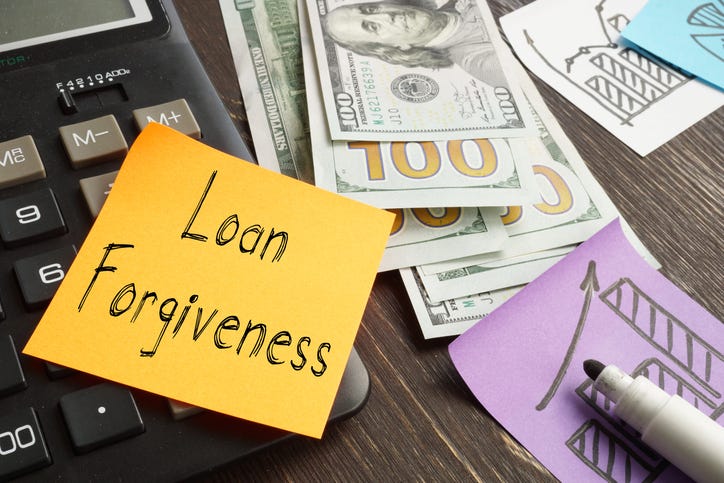
LANSING (WWJ) -- The application for the new federal student loan debt relief program was made available on Friday, and scammers are already up and running, hoping to take advantage of applicants to obtain their personal and financial information.
Through the new program, the U.S. Department of Education is set to cancel up to $20,000 in federal student loan debt for Pell Grant recipients and up to $10,000 for all other eligible borrowers.
To be eligible for federal student loan debt relief, applicants must make less than $125,000 per year, or less than $250,000 per year for households.
The excitement and anxiety surrounding potential debt relief makes applicants easy potential targets for scammers.
Michigan Attorney General Dana Nessel put out a press release on Monday, sharing the following tips for protecting sensitive information from falling into the wrong hands:
-- Do not provide your personal or financial information in response to unsolicited emails, phone calls or texts claiming to be from the federal government or from companies claiming to assist applicants.
-- Do not agree to pay anyone for assistance in obtaining student debt relief.
-- Be wary of any email, call or text that tries to rush you. To get you to act fast, scammers say you could miss qualifying for repayment plans, loan consolidation, or loan forgiveness programs if you don't sign up right away. Take your time and check it out.
-- Do not give away your FSA ID. Some scammers claim they need your FSA ID to help you, but you should never share this ID with anyone. Scammers can use that information to access your account and steal your identity.
“It is important to remember that the federal government will not proactively email or text you to take advantage of this program," Nessel said. "Residents should rely on legitimate sources for information and not fall for messages that create a sense of urgency or demand financial information.”
The best source of information on the new program is the Federal Student Aid website.
Anyone wishing to report a potential scam can file a complaint online with the AG's Consumer Protection team or call 877-765-8388.
Right now, the current student loan repayment pause has been extended until December 31, 2022, with payments resuming in January 2023.
In addition to the new program, the limited waiver for the Public Service Loan Forgiveness (PSLF) program is still in effect, with applications being accepted until October 31, 2022.


